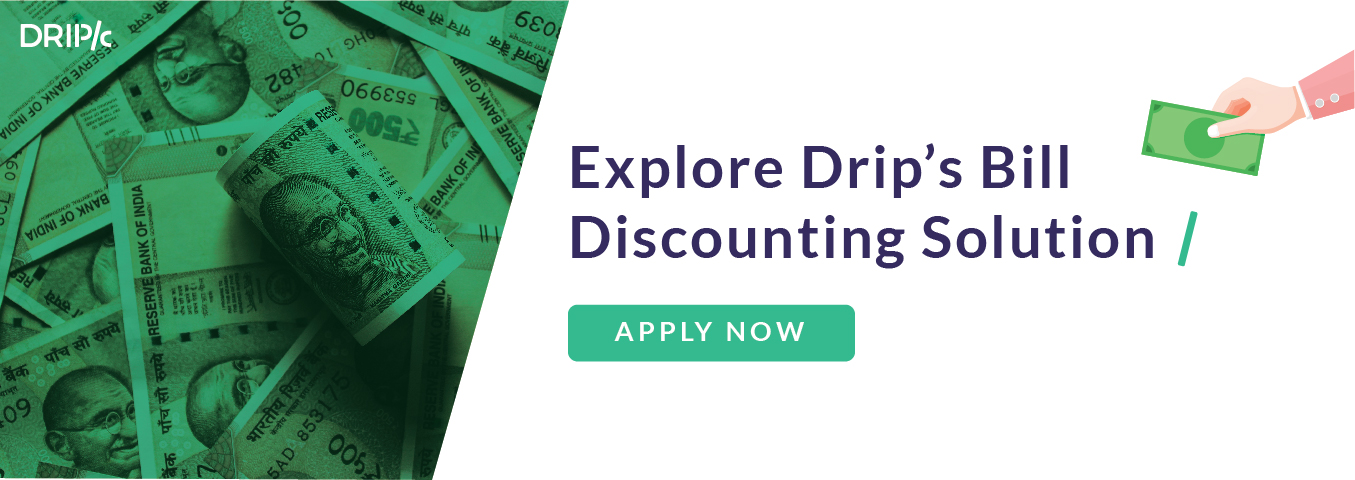What is a Proforma Invoice?
A proforma invoice is a legal document and a commercially necessary quotation of a specific commercial transaction. It means that it can be used by the purchaser (purchase order proforma invoice) to set out the price and terms of sale.
Proforma invoices have an important function of indicating the quotation. They are not a demand for payment. They are sent in advance by a seller to a buyer before the actual delivery or shipping of goods. Therefore, it should not be recorded as an account receivable by the exporter. A standard proforma invoice will ideally show details of the items purchased, transport fees, delivery time, and shipping weight.
A proforma invoice is an invoice that does not have an invoice number. A proforma invoice differs from the final invoice as it indicates all the details of the items that are being purchased, the estimated date and time of delivery, weight, and various fees/charges. These details, supplied prior to the generation of a final invoice, make a pro forma invoice a bill of sale. It is issued when the sale has been finalised and the payment is due.
Let us look in detail at the features and contents of the use of proforma invoice:
What is the purpose of a Proforma Invoice?
Customers or buyers need to pay a proforma invoice to secure the transaction of sale. It is a legal assurance of the sale; a promise of delivery as well as payment. A carefully drafted proforma invoice details all the specifications of a transaction. The features listed below secure the transaction.
Features of Proforma Invoice
Commitment to price: This means the seller commits to deliver goods or services as intimated to the buyer for a price.
Proforma Invoice Payment and delivery terms: These cover the type of currency used to make the payment (USD, rupee, or anything else), the credit period offered to the buyer, advance payment (if any), any additional services provided by the seller and the cost of the same, any additional costs related to documentation, legal work, or inspection (which could be borne either by an exporter or importer), and validity period of the transaction.
Mode of shipment: This lists the method(s) of shipment. It could be through land, air, or sea (or a combination of these modes). For instance, a cargo could be transported from one place to another by land and then to the destination by sea.
Expected delivery timeline: This states the estimated time necessary to deliver the product or service to the buyer.
Proforma Invoice - Requirements
A standard proforma invoice should have the following details and specifications:
- Address of the seller/supplier
- Address of the purchaser/prospective buyer
- A unique invoice number
- Date of issue of the proforma invoice
- Details of the goods (weight, dimensions, total number of units)
- Details of the services (itemised charges/fees)
- Bill of Lading
- Period of validity of the proforma invoice
- Agreed/proposed terms of sale
- Agreed/proposed terms of payment
- Certifications required as per the law
- Permissions required as per the law
- Estimated/proposed timeline of delivery
- Mode of shipment
- Signature by an authorised person from the seller’s/supplier’s company
Proforma Invoice Template

>__Also Read : Difference between Proforma invoice and Commercial Invoice__
Things to keep in mind while creating a Proforma Invoice
A proforma invoice should have all the essential details mentioned above. There is a proforma template that may look as a final invoice. However, one must clearly mention the text ‘PROFORMA INVOICE’ to keep things legally sound. As a proforma invoice for export, it is an estimate and not a final version, it is important to mention the title clearly on top.
It is always a good idea to follow industry-specific norms while creating a proforma invoice. A legally sound pro forma invoice saves time and brings clarity to any commercial dealing such as dates, tax rates, estimated pricing, and the proposed delivery timeline. It is good to have a clearly legible pro forma invoice that is not cluttered with artwork and logos.
Difference between Proforma Invoice and Tax Invoice
Proforma invoice is only a quotation or estimate for purchaser, also it may be prepared as per seller’s requirement. A proforma bill will show details of the items purchased, transport fees, delivery time, and shipping weight included in the shipment. It shows a record of transaction for both the proforma parties i.e the seller and the buyer. Whereas, a Tax invoice is issued when the goods are finally purchased by the buyer and is used to convey to the buyer that the payment os due. It is a legal document which binds the buyer and seller as per their sale of agreement.
Final words
Never treat a proforma invoice as a final invoice. Mention the figures and words clearly, as also the estimated tax amount of various kinds. Double-check to ensure that all the dates are accurate. It is always advisable to create a pro forma invoice that is ideal for the kind of business you are engaged in.
Also Read:


